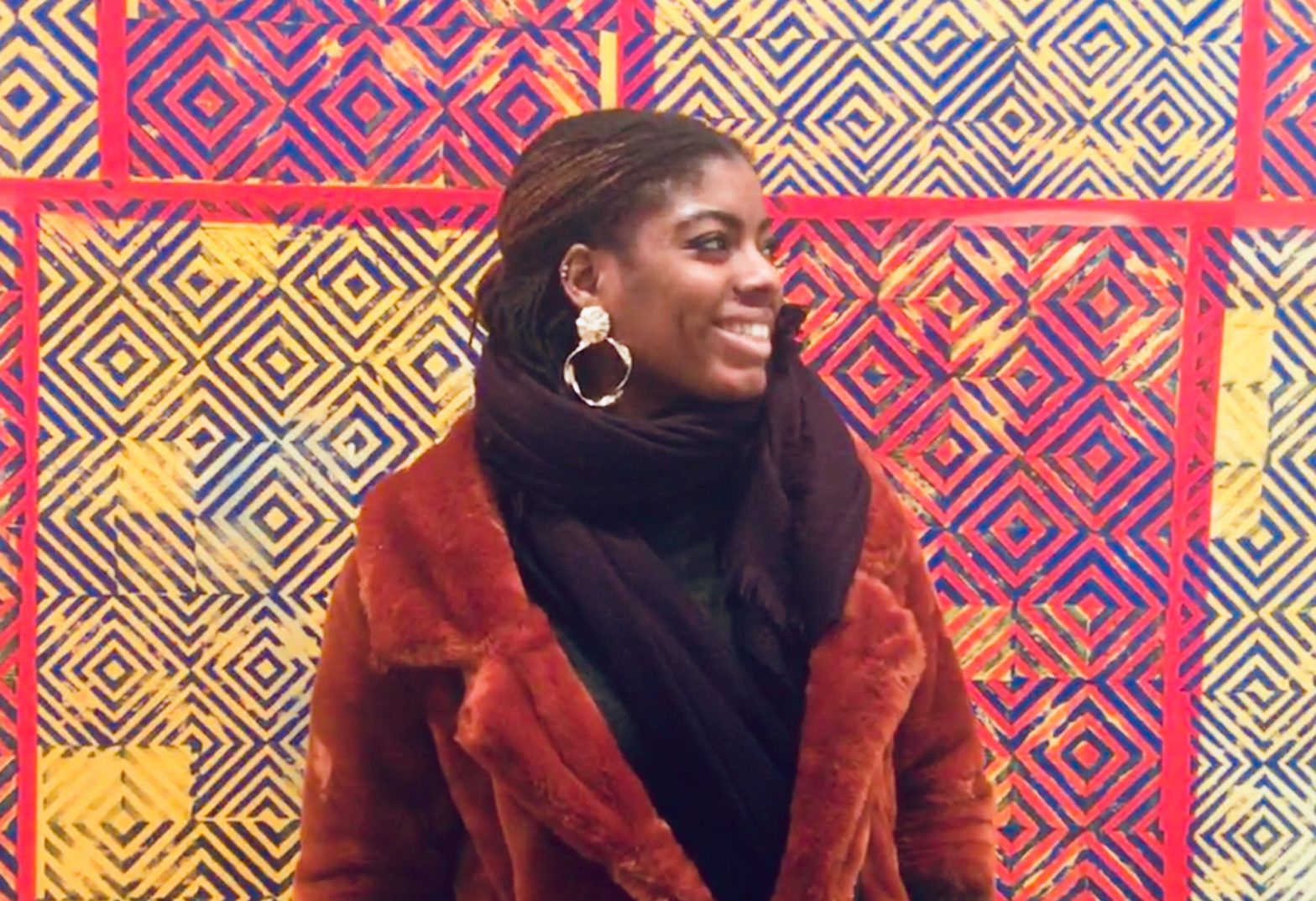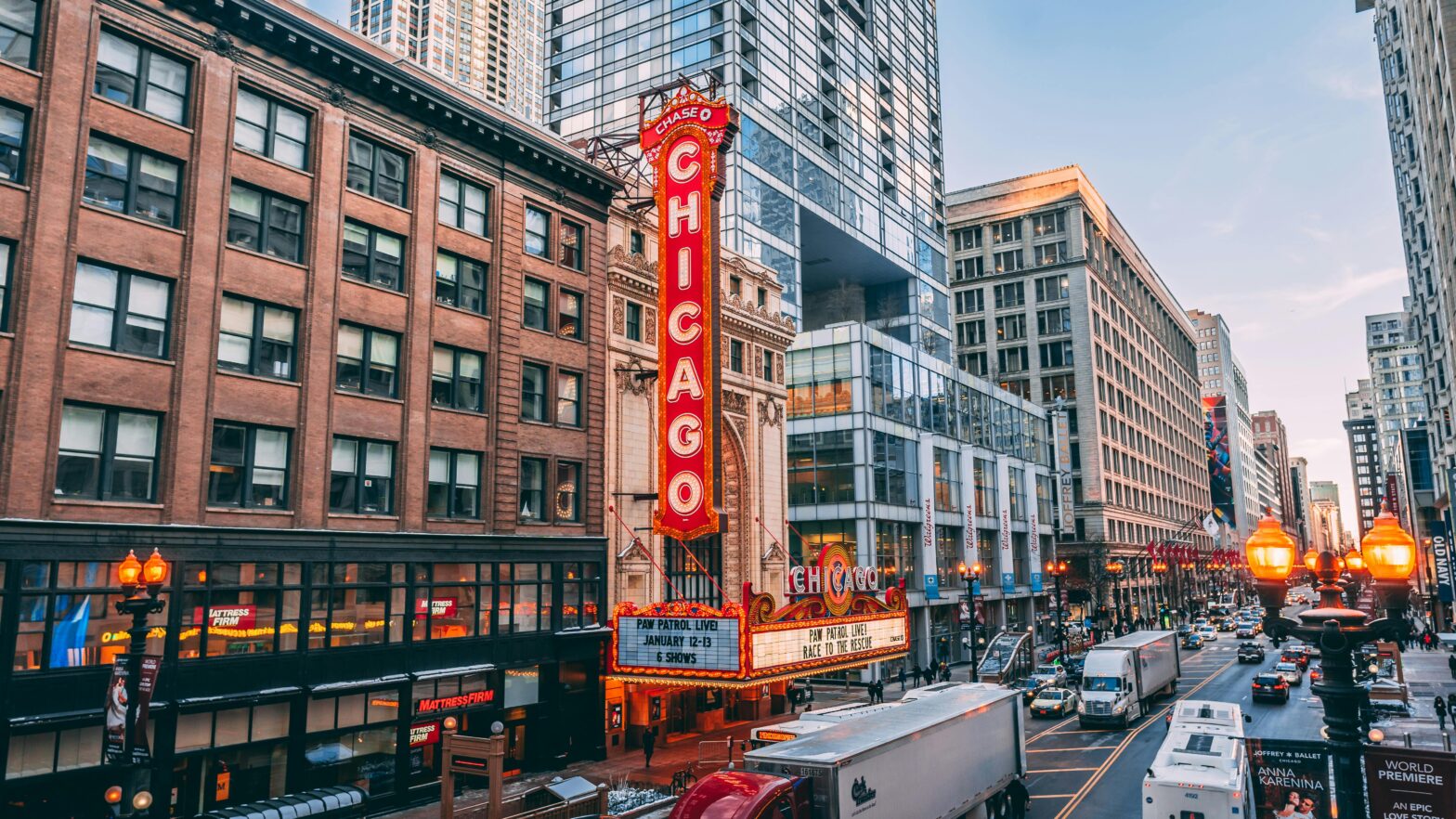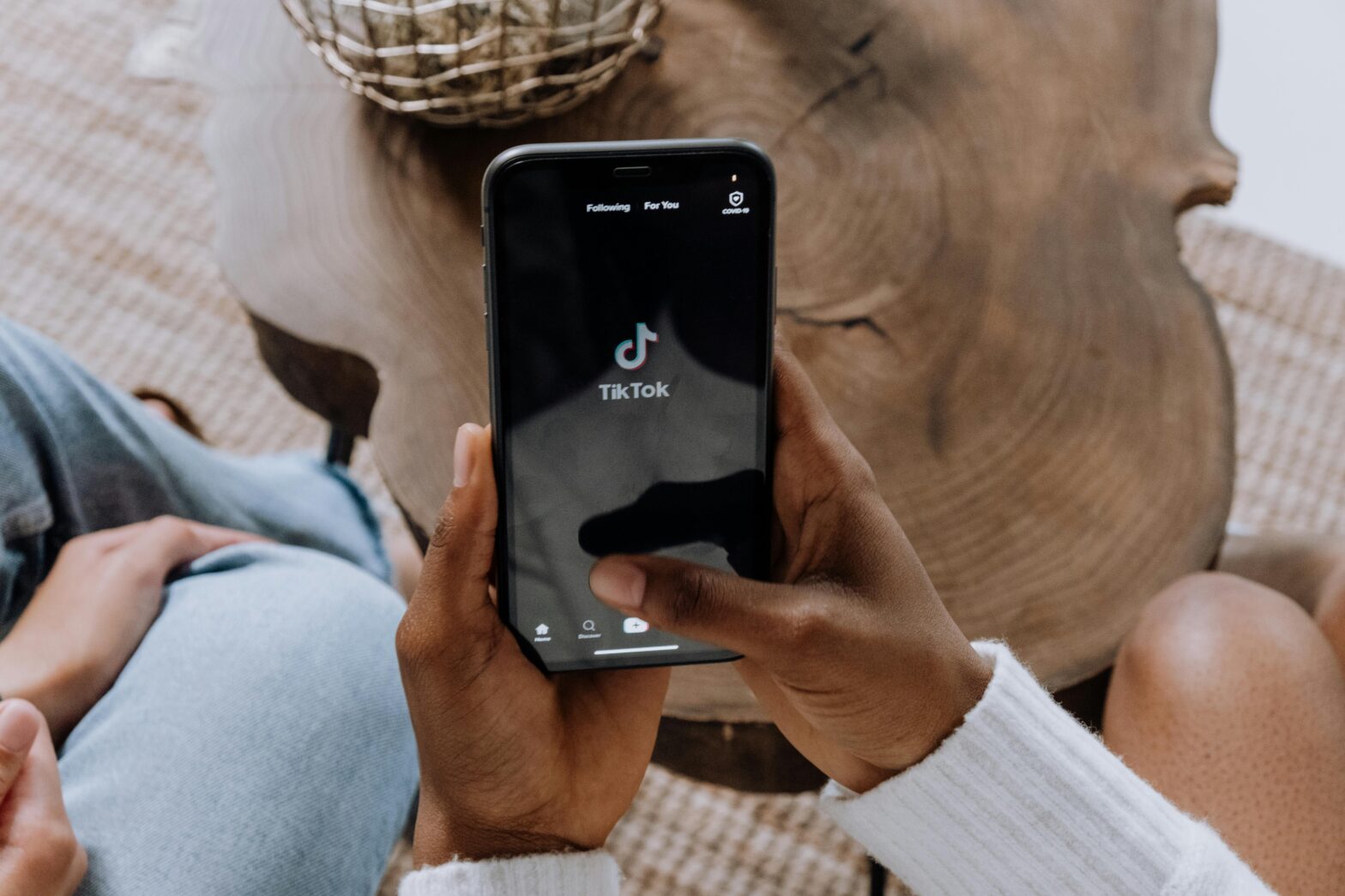When Dr. April-Louise Pennant moved to Wales, she had no idea that she would be brought on a beautiful, painful and revelatory journey for herself and her Jamaican ancestors’ sake.
Shortly after moving to Wales, Dr. Pennant was invited to Penrhyn Castle in Wales to delve deeper into the contributions of her ancestors in the castle that has amassed wealth and fame off the back of her ancestors. In this exclusive Travel Noire interview, she shares what she discovered and how it has shaped her understandings of reclamation and reparations across the diaspora.
Could you tell us about yourself?
Greetings, I’m April-Louise. Professionally, I am an academic researcher, but I prefer to class myself as an scholar-activist. I’m passionate about recentering Black experiences and communities – particularly as it pertains to Black girls in the educational space – but it has recently evolved into something much bigger.
Looking back at my childhood, I have always been inquisitive, so being an educator has always been part of my purpose. Being in academia means having space to explore areas that spark passion – for me that has always been my culture and heritages.
You speak about your heritages, could you tell us what they are and how you previously connected with them?
So first and foremost, I’m from South West London but my identities are underpinned by Jamaica – Clarendon and St. Mary to be precise – and Yoruba which is present day Nigeria.
I’m Nigerian from my mum’s side and Jamaican from my dad’s side. I’m super proud of it and of my Britishness because the contributions of Black people are right there, easy to witness on the land.
What initially called you to Wales?
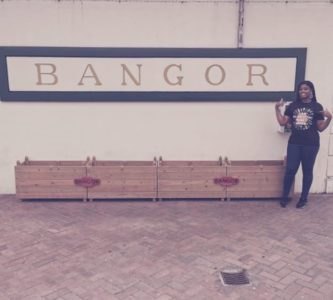
It was literally a call because I wasn’t truly checking for Wales previously. I’ve always wanted to move out of the country and Wales is a safe place with its own identity and heritage which I am learning so much about.
An opportunity came about, and I got offered a job in Wales, so after 4 years in Birmingham, England I was ready for something different. The opportunity to move to Cardiff was exciting because I knew about the multicultural histories in the city. Because of this I knew I was going to find my people and come across the communities in Cardiff because I was done with being in completely white spaces. It truly takes a lot of energy away from you and is very taxing.
The same way I was pulled to Birmingham to see the richness of the community, I was pulled to see the rich Black Cardiffian community. I also knew that I had some ancestral connections because of my surname-Pennant. I always say Wales chose me, I didn’t choose Wales.
After the initial call to Wales, how did you manage to delve deeper into those ancestral connections?
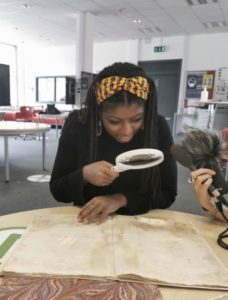
I had done some work to further understand where the surname Pennant comes from. I noticed that there are a few Pennants in the U.S., in Nottingham and also in London. There are a few documents looking into the research behind it, but for me, it all started with a forwarded email chain.
The person emailing me forgot to delete the thread titled ‘Pennant Project’. Being as inquisitive as I am, I asked for more information, and it turned out that this woman worked for a collective called the North Wales Jamaica Society. It turns out there is a historian who was involved in a lot of research about the castle and the legacies of slavery. Based on that, I came along to a few of the meetings and I read more into the project.
From attending these meetings I met a journalist from The Times who was interested in my story as a Pennant, a descendant, who could add another angle to her story. Following that connection, she was able to fund the trip, document the journey, and I was even able to bring my Dad along to experience it with me.
How was that journey for you?
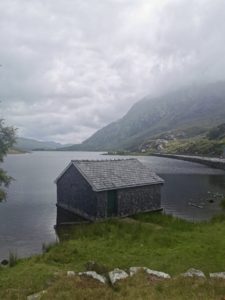
It’s been very eye-opening in terms of just the immense wealth that was generated by the enslaved ancestors in Jamaica. The slave owners, the Pennants, had 6 plantations and when the castle was built, the money that built it came directly from slavery.
When we visited the castle we saw the surrounding areas which they owned, including mountains, the roads that were built, we saw the archives and the way they enlisted enslaved Africans like cattle. We got to see all of those ancestors and potential relatives’ names listed. There was actually someone listed as E. Pennant, and historians believe that he could have been the head of the ‘Black Pennants’.
He also may have been a child of one of the slave-owners, which is why he was given the surname. I would love to explore more about whom E. Pennant was, but a key emotion, after seeing how grand and opulent the castle was, is anger. I can say it made me mad to see what my ancestors did. All the hard work that they weren’t able to enjoy.
Of course, I can imagine. I really like what you said about bearing witness to the work of your ancestors and it makes me think about so many of us who don't have that knowledge and feel disconnected to the contributions that our ancestors made in these countries.
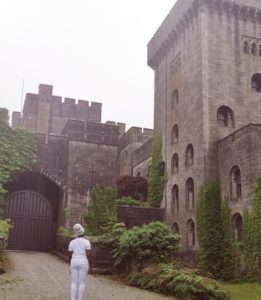
Yes completely, with my story I was led to Wales and that is how I know that my ancestors were not rested and still want something. Also, a huge part of our continued torture is the erasure of our cultures, histories and knowledge of self.
In these buildings, castles and National Trust sites – it isn’t evident that slavery had a lot to do with their existence and continued wealth. That is why the onus is on us. If you can’t identify or feel that you don’t have a place in the land you were born in, then it is harder to claim what is yours, hence why I call myself British, because I have a conscious awareness of my ancestors’ contributions and my stake in this land.
How was this trip for your Dad, seeing part of his ancestry?
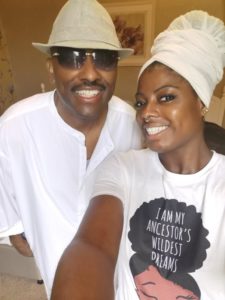
He was very stunned and deeply moved. Walking around the castle and witnessing the evidence of what could only be described as crimes, all while displaying it openly and hiding the true origins. Not only is this true within the castle, but we spoke about the wealth for the community and the British economy in general. I think we were both taken aback by the opulence and the greed.
Having reflected on your trip to the castle, what are your thoughts about reparations?
That’s the point, reparations is about more than money, it is a process with different steps. I know that Caricom has a 10-step guide showing the routes for reparations. The International Network of Scholars and Activist For African Reparations (INOSAAR) have also been doing great work to decolonize and reclaim for many years.
I encourage others to use your surnames as keys because, yes they were enforced on us, but they now carry a lot of information.
Could you talk us through some of the things you did to honor your ancestors on this trip?
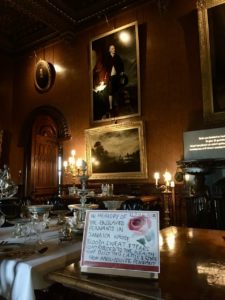
When planning on arriving at the castle, I spoke with my Dad, and we decided to honor our ancestors because the castle is a monument to what they did.
On the first journey, we wore all white, which is a color that represents purity, spirituality, and it has many meanings in Traditional African Spirituality.
We also brought white flowers and a plaque into the great hall in the castle. Essentially, I brought my ancestors into the castle and reclaimed it for them, the people who did all the work. We had a tribute, put the flowers down and read out the names we could remember from the archive. The thing is, some names were similar to some relatives I have in my family, which to me speaks to the cycles of us returning as a people.
When the flowers died, they blew up the card, and it still sits there in the castle to this day. It is a starting point because as I said when you walk around the castle there is no evidence of the contribution that slavery has in this space. That has changed now because of the plaque that serves as a reminder of the reality behind the opulence of the castle.
I was also able to look the wicked slave masters in their faces and be right in their space. The English translation of the Welsh word “Pennant” is “head of a stream” but as my Aunty says, we (the enslaved Africans and descendants) are the source of the stream. I definitely felt that while visiting. It was a journey of self-discovery, education and a journey of healing and I continue to process the emotions it has ignited in me.
To find out more about April-Louise and her experience confronting Wales’ hidden history with slavery through Penrhyn Castle, listen to The Times’ podcast episodes.
